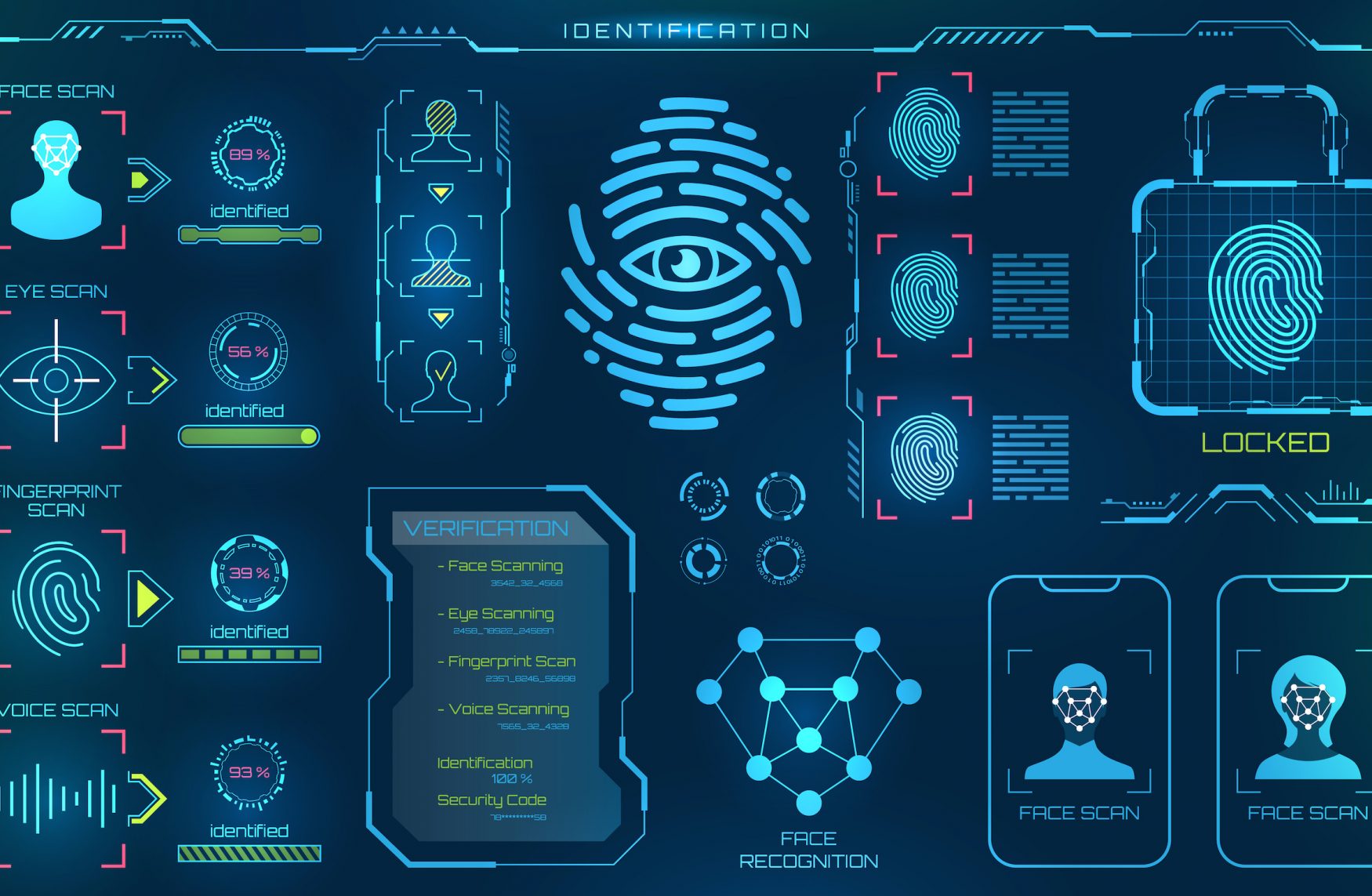
Biometric Technology Causes Serious Surveillance Questions that Need to be Answered
A Discussion of Surveillance Questions in Regard to Biometrics is Important.
There is a new and rapidly developing way that government and security companies are using to identify criminals and to provide protection for the public and that is biometric face recognition.
But we have to be vigilant that we ask the right surveillance questions of those who are charged with our protection.
There are some very real ethical issues when using something as invasive as biometric face recognition and those ethical issues need to be confronted.
The individual rights of citizens don’t always take precedence over the claims of government to be looking after our best interests.
Even with advanced technology, the potential that the wrong person would be identified is real.
Even though researchers maintain that every effort is being made to assure that the technology is being used in compliance with the rights of individuals, there is reason to suspect the opposite is the case.
The ACLU has stated directly that this kind of technology is moving too fast and is far ahead of the ethical discussions that should be happening concerning the use of surveillance technology.
Big Brother State
The Inside Scoop on Biometrics
The way that biometric identification works is that a numerical value is given to every person whose image is captured by the highly technical cameras being used.
The biometric method will measure the distances between the nose, the eyes and the ears and quantify variables like how much hair is on the face and the presence of facial jewelry or glasses.
To date, such surveillance is not as accurate as fingerprinting.
The best level of accuracy is only a 95% identification accuracy compared to 99% accuracy that fingerprinting can achieve.
What adds to the troubling nature of biometric technology is that the majority of the funding for the research into this kind of surveillance comes from government security sources.
About twenty percent of the remanding funding is coming out of the health care, transportation and financial services sectors of the economy.
There is no question that there are some uses in the private sector for this kind of security.
In secured facilities, there are applications for facial recognition technology to insure physical security of the plant.
At the state and local level, there are also applications being considered for using biometric facial surveillance in law enforcement applications as well.
Biometrics and the Hidden Agenda of the Elite
The ACLU has a number of serious surveillance questions when it comes to the unrestrained application of biometric facial recognition technology.
There are evidences that attempts to use this technology to date have been a failure and that further development of this level of surveillance is intrusive.
At the Super Bowl in 2001 in Tampa Florida, biometric surveillance questions caused a number of individual to be apprehended incorrectly and detailed as wanted terrorist suspects.
There have been similar failures in the use of these technologies at airports.
Civil liberties watchdogs have good cause for concern.
There is every reason to suspect that the alleged benefits of biometrics do not justify the threat.
These surveillance questions suggest that biometrics may be used to impose a virtual police state to be used by a small elite to accomplish a hidden agenda of total control of the state by the government.
The unchecked growth of the use of biometric technologies can and will result in the trampling of the rights of the individual and the lack of laws to constrain the use of this technology will result in loss of freedoms that are guaranteed to citifies of America by the constitution.
The alleged values of biometric surveillance are not sufficient to dismiss the very real surveillance questions that hang over this technology.
As a society, America is capable of accomplishing the same goals that are supposed to be addressed by biometric surveillance without the risks to civil liberties that the advance of an insidious technology brings with it.
The continued government funding of biometric facial recognition technology only serves to support the concept that the technology is being developed as a way of controlling society and taking away privacy and freedoms and that the alleged benefits are a thin excuse to advance a technology that should be discarded.

 My First Amazing Ayahuasca Experience
My First Amazing Ayahuasca Experience  Pine Needle Tea
Pine Needle Tea  The REAL Controllers of Humanity: The Papal Bloodlines
The REAL Controllers of Humanity: The Papal Bloodlines  Is it Global Warming or Cooling?
Is it Global Warming or Cooling?  Gun Rights and Obama Examined
Gun Rights and Obama Examined